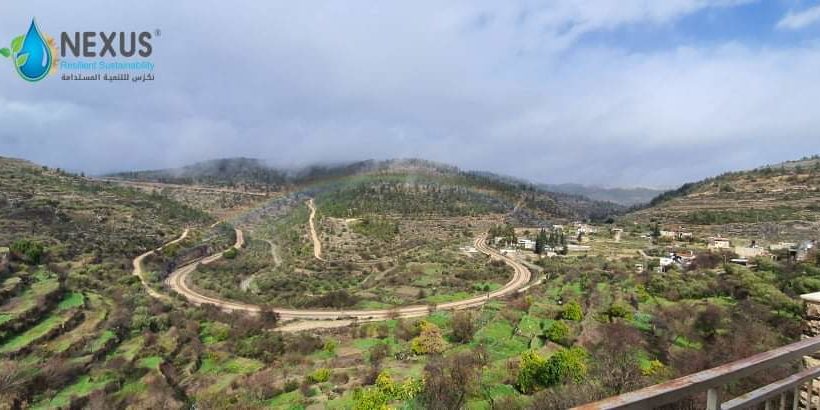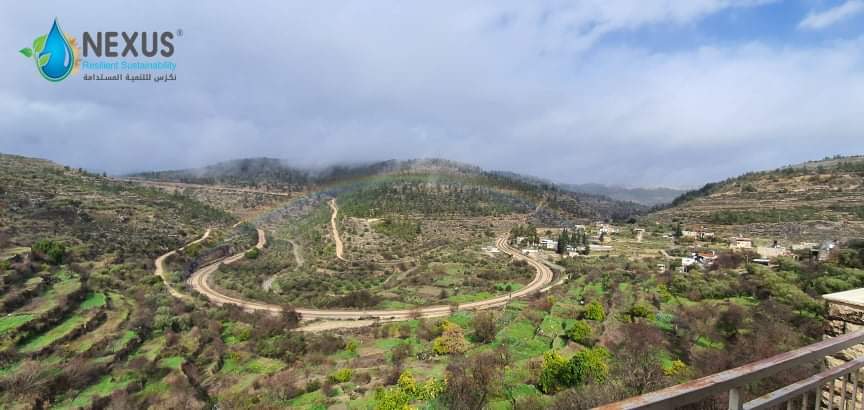
By Mohammed Obidallah – Palestine
Ready to discover the unique landscapes of a UNESCO site in Palestine?
In the proximity of Bethlehem lies the small town of Battir with its unforgettable landscape featuring olive groves and vineyards. NEXUS Resilient Sustainability organizes tours across the ancient terraces and water systems that have been declared a UNESCO World Heritage site. With a community-based approach to developing tourism, Battir is quickly gaining its rightful place among visitors and locals’ favorite destinations in Palestine, as it offers enriching experiences while hiking in one of Palestine’s hidden treasures.
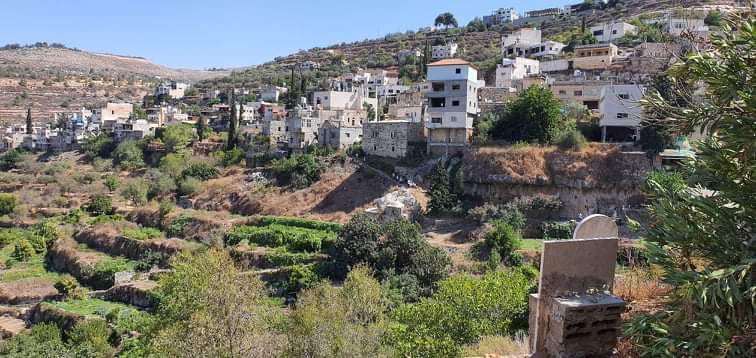
The history of Battir starts during the Iron Age II period where many dominations which ruled over the region, such as the Canaanite, Roman, Byzantine, Islamic, Mamluk, Ottoman, British and eventually Israeli colonization. This is due to the abundance of water produced by natural springs, and the favorable environment, that inhabitants continued to live in this area throughout the centuries. During the Ottoman period in1890, the Ottoman administration built a railway line not far from the footpath connection to the main centers of the Arab world like Cairo, Damascus, Beirut, and Mecca which this gave the opportunity for travel and for entering study and commerce in the major Arab sites of culture (UNESCO 2014).
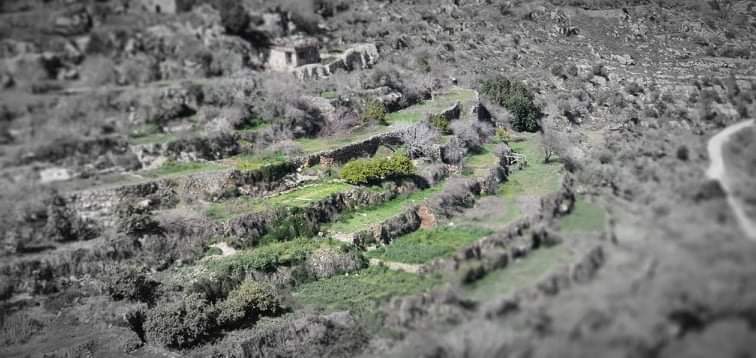
Battir was also connected to main Palestinian cities (Jerusalem, Bethlehem and Hebron) and was known as Jerusalem’s “vegetable basket”. After 1948, Battir progressively disconnected from Jerusalem, especially after the closure of the railway station, which constituted a fundamental trait d’union between the villages and the rest of the Palestinian territory.
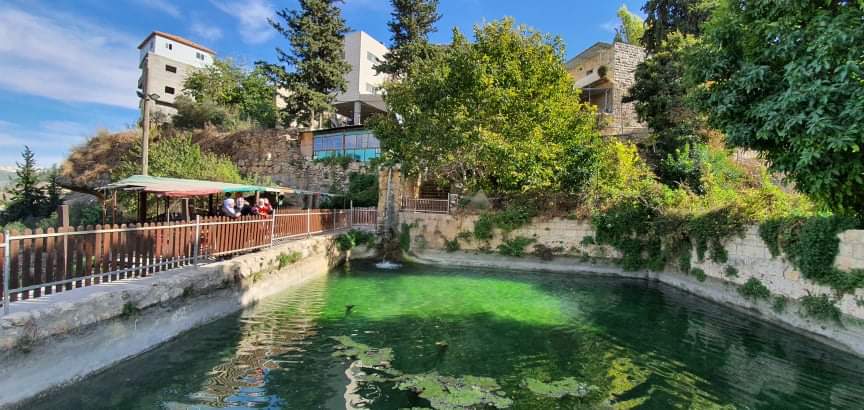
In 1949, Government of Jordan and Israeli government signed an agreement, known as Rhodes Agreement, which reaffirms the ownership of land by Battir people beyond the Armistice Line.
After 1967, this area witnessed the progressive establishment of the so-called “Etzion Block”. Israeli unilateral policies and measures in the area, in the past two decades, reinforced this trend: the encirclement of the villages and their territory, the progressive expansion of infrastructures for settlements, the new mobility system being implemented through the separation of roads, were all elements leading to the “enclavisation” of the area. This process triggered an increasing socio-economic crisis due to the expropriation and abandonment of agricultural land, reduction of fresh water availability, increasing dependence on migrants’ remittances.
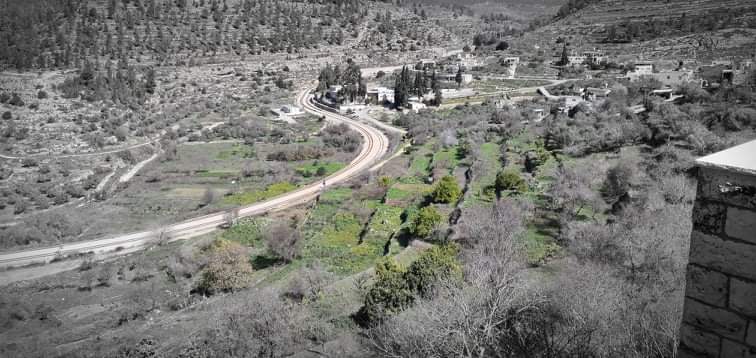
As of today, Palestinian farmers from Battir cultivated their land without any reported incident in the area. The Ottoman railway was renovated by Israeli authorities, which subsequently decided to close the station of Battir and effectively eliminate the village’s railway stop, preventing the local inhabitants from using the train.
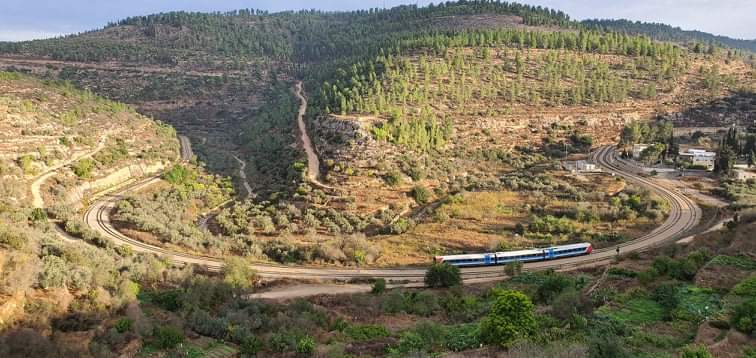
NEXUS Resilient Sustainability is a specialized in Water, Environment, Ecotourism and Energy, the NEXUS describes the interconnections and interdependencies between the water, energy and food sectors, NEXUS became as a fundamental necessary shift for sustainable development. Having learned the history on the combination of environmental development, water, ecotourism, and renewable energy, Mohammed Obidallah took sustainable development to a new level: integrating all the aforementioned facets to breed sustainable resilience. The entrepreneur is working, regardless, to instill a sense of community into Palestinian society by participating in spreading the concept of a self-sustaining community across Palestine. “Now, we are calling for green economy, ecotourism, and even solar energy,” Obidallah remarks.
Email: Info@nexus.ps
Web: www.nexus.ps
Facebook: https://www.facebook.com/waterEnv/
Twitter: https://twitter.com/NexusNexus1017
LinkedIn: https://www.linkedin.com/in/nexusps/
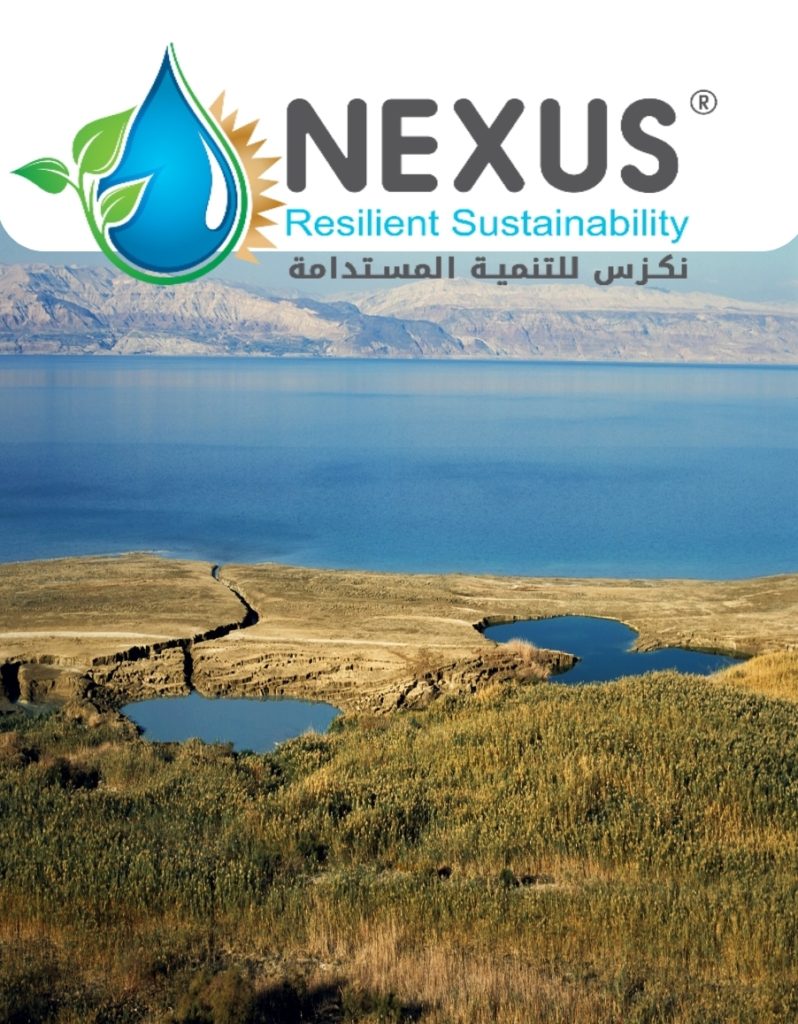
- NEXUS Resilient Sustainability Profile
ESTABLISHMENT
NEXUS Resilient Sustainability was officially registered in November 2017 under No. 562568535 as consulting firm governed by the Palestinian Law of companies No.12 for the year 1964 and is based in Bethlehem – Palestine. NEXUS is a specialized in Water, Environment, Ecotourism and Energy that offers a wide range of consultations and studies in all aspects of water, wastewater, energy, ecotourism and the environment.
Background
NEXUS was found by experts who have 30 years of combined experiences on local, regional and international level in water, wastewater, environment and energy believing in the knowledge exchange and technology transfer in resilient sustainable manner to overcome vicious problems hindering the principle of resilient sustainability. Since its establishment, NEXUS’s philosophy of hiring outstanding professionals and giving them the support to do what they do best has been the cornerstone of its success. NEXUS is committed to helping and encouraging the employees to develop their technical and managerial skills. Although NEXUS has capable and experienced in-house professionals and experts, teams are established when needed with the right multidisciplinary mix to meet the unique requirements of each project.
NEXUS’S Organizational Structure
VISION
To be an innovative consulting firm and to achieve a distinguished and a pioneering position in the consultation area in the field of water, wastewater, Energy, ecotourism and environment locally, regionally and internationally.
MISSION
NEXUS is committed to offer integrated and professional consultation services at the best quality. We work hand in hand with public authorities, service providers, donor agencies, institution and organizations which are developing and operating projects and seek best practices and innovative concepts in resilient sustainable manner.
Why NEXUS?
• NEXUS team brings the benefit of a diverse knowledge working with public utilities, private sector, local communities, and international donor agencies
• Uncompromising commitment to capacity building and institutional development
• We help our clients in analyzing problems and offer adequate solutions
• We are dedicated to excellence and leadership emerging in a green economy and ecotourism
• Sustain a high level of transparency and professional integrity
• Seeking solution in resilient sustainable manner
Deep knowledge of the Palestinian context, the institutional frame work and local authorities, beside the regional and international level
Services
NEXUS provides variety of consulting services include the following:
Institutional Development & Strategic Partnerships
• Training development & Human Capacity Development (HCD)
• Training needs assessment
• Knowledge management & communications
• Economic growth & human development
• Strategic Planning
Water
• Technical Assistance for Water Service Providers
• Water Resources Management & Planning
• Decentralized wastewater systems
• Non-conventional water solutions (Grey water, Rainwater harvesting, Desalination)
• Water demand management
• Water audits
• Climate change adaptation
• Water governance & stakeholder dialogue
• Public awareness & outreach
• Project appraisal and feasibility studies
• Research & development
Environment
• Environmental management plans
• Environmental impact assessment (EIA)
• Solid waste management
• Environment health and safety (EHS)
• Air quality management & control
• Socio-economic development
• Environmental audits
• Green buildings services
• Research & development
Ecotourism
Tourism services and tours such as transportation, food, lodging, guiding and interpretation services which cause minimal damage to the biological and cultural environments and promote a better understanding of the natural and cultural history of an area.
Energy
• Renewable energy solutions
• Energy efficiency schemes
• Energy recovery systems
• Development of Private Sector Participation (PSP) schemes
• Energy Audits
“Upon establishment NEXUS became a member of the Switchers community as a recognition good engagement in implementing innovative ecologic and social solutions that contribute to a switch to sustainable and fair consumption and production
